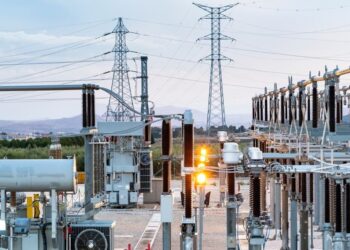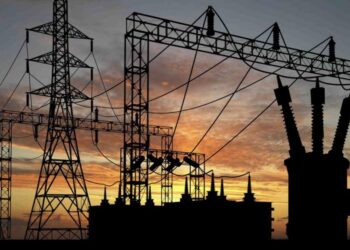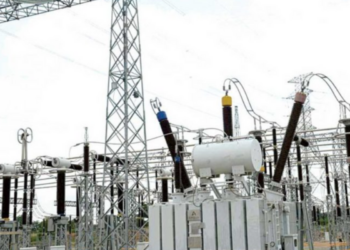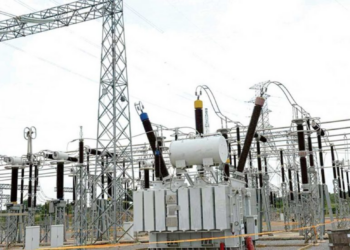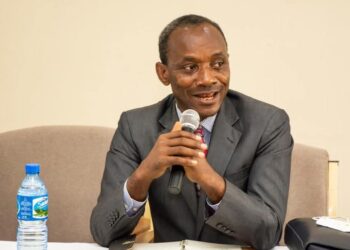- The Nigerian Electricity Regulatory Commission (NERC) has set a meeting in July 2023 to discuss the implementation of the 2023 Electricity Act.
- The Commission aims to engage with all stakeholders and share insights to establish a sustainable electricity industry.
- A statement released on June 19 by NERC confirmed their readiness to collaborate with other stakeholders for this purpose.
The Nigerian Electricity Regulatory Commission (NERC) has announced that it has scheduled a meeting with all stakeholders in July 2023.
The purpose of this meeting is to discuss strategies and methods for the effective implementation of the 2023 Electricity Act.
This information was conveyed in a statement released by the Commission on June 19. The statement also highlighted the Commission’s readiness to engage with other stakeholders and exchange ideas, with the aim of establishing a sustainable electricity industry in the country.
A part of the NERC statement read thus:
- “In pursuit of bringing to effect the laudable provisions of the electricity industry laws and to facilitate a smooth transition, the Commission has scheduled a stakeholder’s workshop to hold in July, with key stakeholders including market participants, state government representatives, and other key interested parties.
- “The workshop shall serve as a platform for open dialogue and collaboration, enabling participants to discuss and commence the development of a robust roadmap for a successful implementation of multi-tier electricity markets. This proactive approach shall allow the Commission and other stakeholders to gather valuable insights, address concerns, and ensure the smooth implementation of the provisions of the new legislation.”
States autonomy
In their statement, NERC expressed appreciation to President Bola Ahmed Tinubu for successfully enacting the Electricity Act. The Commission further highlighted the importance of granting legislative autonomy to the federating states concerning electricity generation, transmission, and distribution within their respective jurisdictions.
This development is seen as a major advancement in the Nigerian Electricity Supply Industry (NESI). NERC emphasized that the constitutional amendment and the passage of the Electricity Act 2023 represent a significant shift in the Nigerian power sector.
It is anticipated that this new legislation will contribute to a sustainable enhancement in both the NESI and the overall economy of the country.
Regulation of public utilities
According to NERC, the regulation of public utilities at the sub-national level, which has been introduced through the recent constitutional amendment and the 2023 Electricity Act, is a new concept in Nigeria. However, this approach has already been effectively implemented in other countries such as India, Australia, Canada, and the United States of America, where clear distinctions are made between federal and state electricity regulation and markets.
NERC acknowledges the significance of drawing from the experiences and lessons of these jurisdictions to effectively address potential challenges and optimize the advantages presented by the changing power sector landscape. So, in the short and medium term, NERC plans to:
Collaborate with all stakeholders
The Commission understands that to ensure an orderly and successful transition, there is an imperative for the collaboration of all stakeholders and the fostering of a harmonious working relationship.
Delineate
According to NERC, it is equally important to further clarify and delineate roles and responsibilities between the federal and state regulatory jurisdictions. This is to avoid conflicts, overlaps, and regulatory uncertainty that may hinder the smooth functioning of the power sector with a consequential adverse impact on investors’ confidence.
Create orderliness
NERC also highlighted the fact that an orderly transition process is required to minimize disruption and shock to market participants and consumers. So, stability and clarity are vital for the confidence of existing players and the encouragement of new investors in the evolving market.









